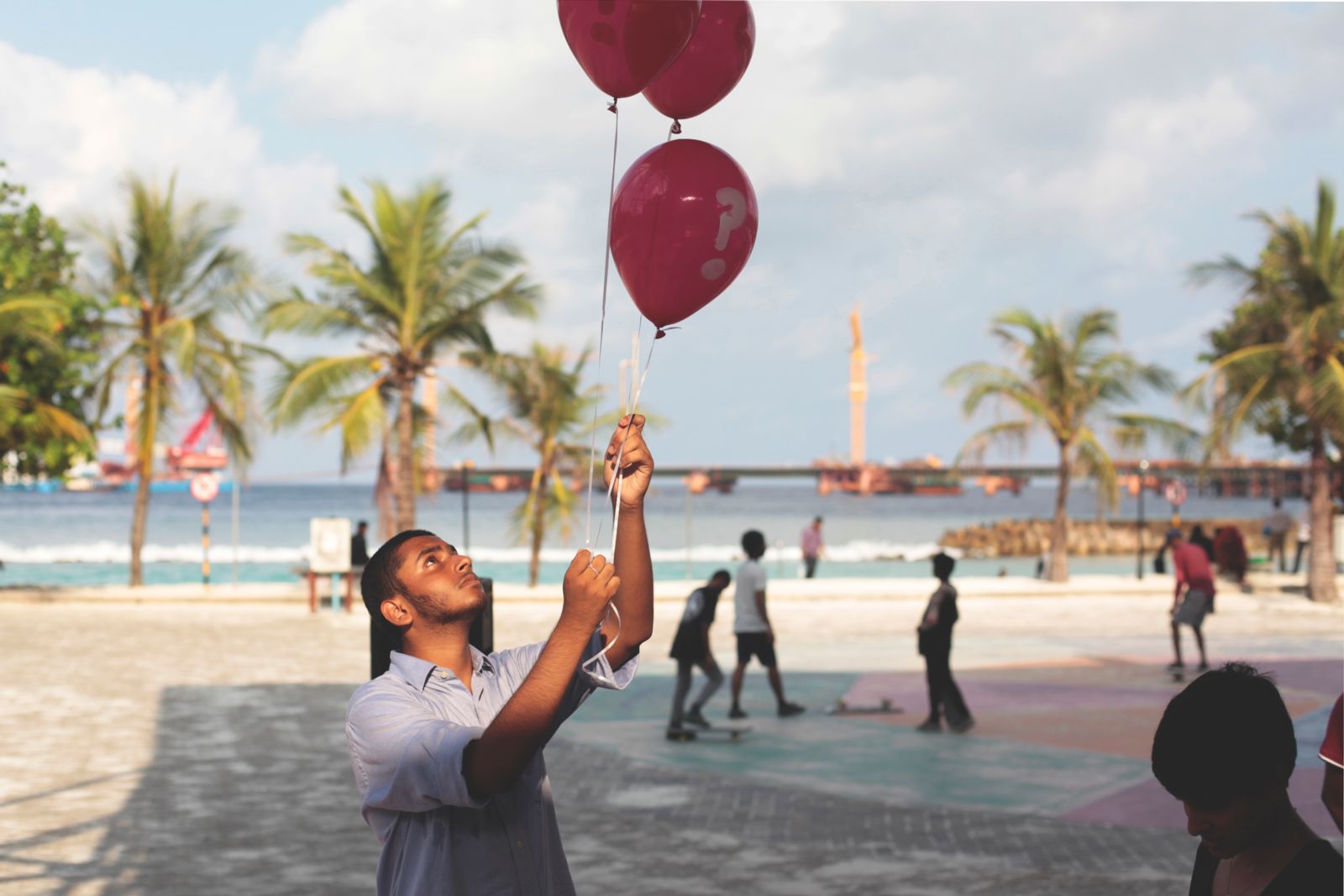Since 2010, the Asian Forum for Human Rights and Development (FORUM-ASIA) has been using an integrated database to monitor and document human rights violations and abuses against human rights defenders in Asia, as well as repressive legislations and policies enacted by Asian governments. The data recorded over the last four years portray a situation of human rights defenders and civil society organizations increasingly under attack.
In its latest report, FORUM-ASIA identified judicial harassment and criminalisation of human rights defenders as a primary strategy used to target human rights defenders and their organisations. Some Asian countries have proven to be especially skilful in putting defenders behind bars through kangaroo courts and trumped-up charges. Cambodia in particular uses these tactics frequently; Tep Vanny, for example, one of the country’s most vocal land rights activists, has been detained since 15 August 2016 on fabricated charges in an attempt to intimidate other activists.
The progressive increase of enforced disappearances and killings of human rights defenders is another extremely worrying development. Indeed, specific categories of human rights defenders are particularly vulnerable. In 2015-2016, FORUM-ASIA recorded 198 cases of attacks and harassment against environmental and land rights defenders, community-based human rights defenders, economic, social, cultural rights (ESCR) defenders, indigenous peoples rights defenders, and defenders working on corporate accountability. As reported by Global Witness, every week in 2016 four people were murdered protecting their land and natural resources from industries like mining, logging and agribusiness.
The foundation for effective protection mechanisms depends on strong support systems at the national, regional and international level, and creating protection networks for human rights defenders is an important place to start. The networks could be a first line of defence but also provide opportunities of networking through a platform where defenders can learn from each other to increase their level of protection. Several such networks are already well established in Latin America and Africa, so FORUM-ASIA has invited them to share knowledge in order to develop similar resources in Asia. FORUM-ASIA is currently trying to enhance such networks in Myanmar, the Philippines, Pakistan and Mongolia, recognizing that such work can be complicated or hindered depending on the situation in each country. As a coordination network, the goal is not to duplicate what its members are doing; rather, it seeks to maximize the available resources for immediate disposal to the victim/defender at risk. Furthermore, these networks can foster the sense of solidarity among human rights defenders and national groups, connecting the most vulnerable with existing, stronger coalitions at regional or international level.

Flickr/Dying Regime/(CC BY 2.0)(Some Rights Reserved)
Yameen Rasheed, a notable Maldivian blogger and activist, was stabbed to death as a result of a vocal political opinion. His memorial marked the passing of yet another defenseless human rights activist whose voice was silenced.
As these crimes are often met with impunity, it is increasingly challenging to prevent such acts and ensure justice with the tools available. For example, when the prominent Maldivian blogger Yameen Rasheed was brutally killed on the stairwell of his home on 23 April 2017, his tragic fate was clearly connected with the abduction of his best friend, Ahmad Rilwan Abdulla three years earlier—both were strong voices against Islamic extremism and human rights violations but had no effective protection. Another example is Gloria Capitan, a community leader involved in protests against an open coal storage facility, who was gunned down in the Philippines in 2016.
Along with widespread impunity for these violent crimes, the right to freedom of expression continues to be one of the main targets of repressive legislation throughout Asia. On 22 August 2016 in Bangladesh, a country where expression of dissent is already curtailed by the Information Communication and Technology (ICT) Act, the Cabinet approved the draft law “Digital Security Act," which will provide a wide range of draconian penalties that will severely restrict the right to freedom of expression online. Most repressive laws find their effectiveness in the vague formulation of their provisions, and the draft ‘Digital Security Act’ is no exception.
In addition, laws presumably addressing national security concerns have often led to harassment and criminalisation of human rights defenders across Asia. One such example occurred in July 2012, when the Malaysian Government replaced the Internal Security Act 1960 with the Security Offences (Special Measures) Act (SOSMA), allowing the police to detain suspects incommunicado for 48 hours as well as detention without charge or access to courts for up to 28 days. It took less than five years before human rights defenders started to be charged under SOSMA. On 18 November 2016, Maria Chin Abdullah, Chairperson of Bersih 2.0, was arrested and detained for 11 days, kept in a 15-feet by 8-feet windowless cell.
Asian governments cannot simply ignore their international legal obligations, stemming from ratified conventions such as International Covenant on Civil and Political Rights, as well as standard rights and principles like the ones contained in the Declaration on Human Rights Defenders, adopted by consensus by the United Nations General Assembly. But it is up to civil society and the wider human rights community to keep these countries accountable by consistently raising publicity or working through diplomatic channels.
But it is up to civil society and the wider human rights community to keep these countries accountable by consistently raising publicity or working through diplomatic channels.
Behind the numbers and the statistics there are people regularly risking their lives in Asia. Protection and accountability measures need to be strengthened. If we donot want to read another report next year counting even more victims and violations, civil society organisations and communities need to find practical, sustainable solutions to empower and protect human rights defenders—and we think that national human rights defender networks should be the starting point.
